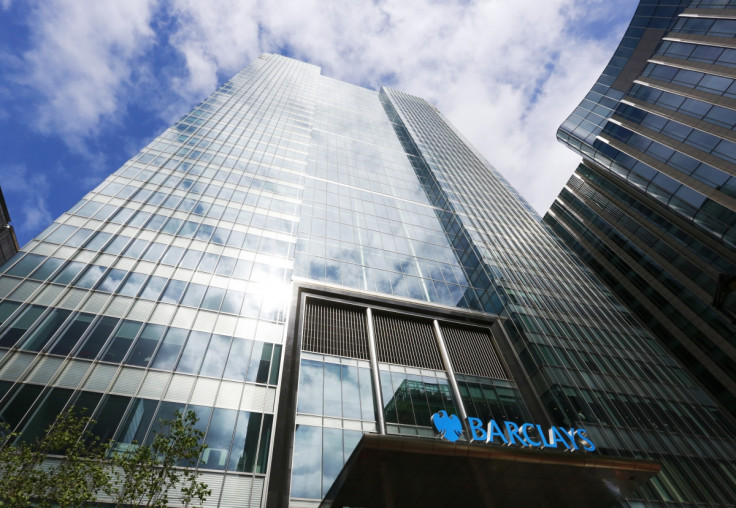Mis-Selling Derivatives: Barclays Reduces Compensation Pot Amid Profit Rise

Barclays declared that it is reducing its compensation pot for victims being mis-sold complex interest rate hedging products as the lender is on the cusp of completing its review into scandal.
The lender revealed in its third quarter results statement that it will reduce its provision for the mis-selling of interest rate swap agreements (IRSA), which covers redress and administration related to the scandal, by £160m (€203m, $256m).
IRSAs are contracts between banks and customers where typically one side pays a floating or variable rate of interest and receives a fixed rate of interest payments in exchange.
Such contracts are used to hedge against extreme movements in market interest rates over a given period. Companies that saw the value of these products move against them as rates fell during the recession now owe banks inordinate sums of money in yearly interest payments.
The Financial Conduct Authority announced on 14 October that all nine British banks have now completed their sales determinations of customers who joined the review into lenders mis-selling complex derivatives to SMEs before March 2014.
The FCA said banks are paying out £1.5bn in redress to SMEs that were mis-sold interest rate swap agreements (IRSA), which includes £300m in consequential loss payments, after sending out 17,000 redress determinations to customers.
Out of this amount, this equates to 14,000 included a cash redress offer while 3,000 determinations ruled that the interest rate hedging product "complied with [FCA] rules or that the customer suffered no loss."
In addition to the £1.5bn spent on redress, the banks have set aside money to cover the administrative costs determining whether customers' were mis-sold IRSAs.
Each case was analysed by the bank itself, alongside an independent reviewer.
© Copyright IBTimes 2025. All rights reserved.






















